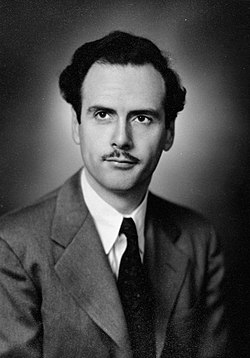Marshall McLuhan Quote
The child was an invention of the seventeenth century; he did not exist in, say, Shakespeare's day. He had, up until that time, been merged in the adult world and there was nothing that could be called childhood in our sense.Today's child is growing up absurd, because he lives in two worlds, and neither of them inclines him to grow up. Growing up - that is our new work, and it is total. Mere instruction will not suffice.
Marshall McLuhan
The child was an invention of the seventeenth century; he did not exist in, say, Shakespeare's day. He had, up until that time, been merged in the adult world and there was nothing that could be called childhood in our sense.Today's child is growing up absurd, because he lives in two worlds, and neither of them inclines him to grow up. Growing up - that is our new work, and it is total. Mere instruction will not suffice.
Tags:
growing up
Related Quotes
About Marshall McLuhan
Herbert Marshall McLuhan (, mə-KLOO-ən; July 21, 1911 – December 31, 1980) was a Canadian philosopher whose work is among the cornerstones of the study of media theory. Raised in Winnipeg, McLuhan studied at the University of Manitoba and the University of Cambridge. He began his teaching career as a professor of English at several universities in the United States and Canada before moving to the University of Toronto in 1946, where he remained for the rest of his life. He is known as the "father of media studies".
McLuhan coined the expression "the medium is the message" (in the first chapter of his Understanding Media: The Extensions of Man), as well as the term global village. He predicted the World Wide Web almost 30 years before it was invented. He was a fixture in media discourse in the late 1960s, though his influence began to wane in the early 1970s. In the years following his death, he continued to be a controversial figure in academic circles. However, with the arrival of the Internet and the World Wide Web, interest was renewed in his work and perspectives.
McLuhan coined the expression "the medium is the message" (in the first chapter of his Understanding Media: The Extensions of Man), as well as the term global village. He predicted the World Wide Web almost 30 years before it was invented. He was a fixture in media discourse in the late 1960s, though his influence began to wane in the early 1970s. In the years following his death, he continued to be a controversial figure in academic circles. However, with the arrival of the Internet and the World Wide Web, interest was renewed in his work and perspectives.
